Battling Mental Health in 2019
Today marks World Mental Health Day. As someone who struggles with mental health on a daily basis, these ‘awareness’ days, as cynical as it sounds, start to get repetitive. So, in 2019, we want to have a different kind of conversation this year.
I see the same quotes, presented in the same way, by the same type of person. That is not to say we shouldn’t highlight these experiences. Rather I just wish there was a wider range of stories being told and advice offered.
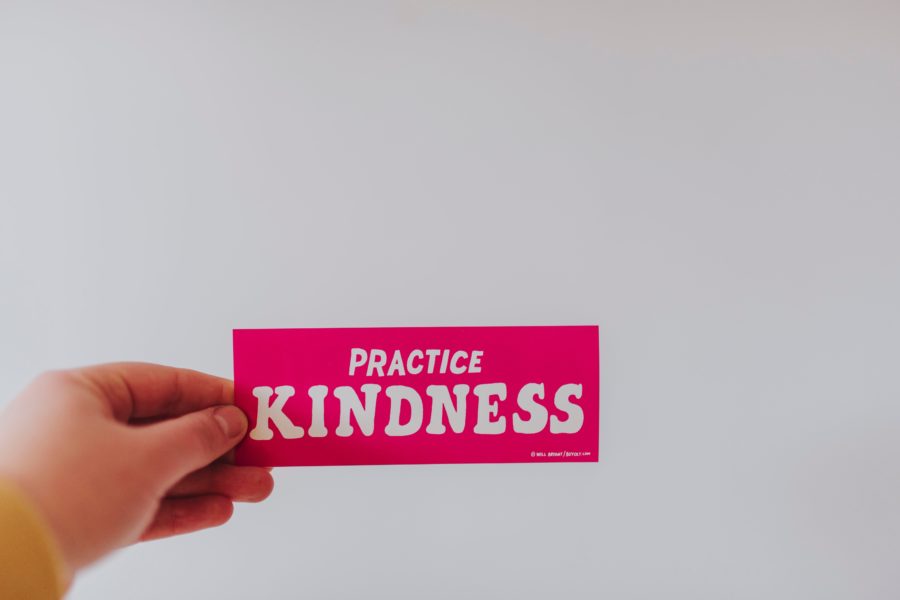
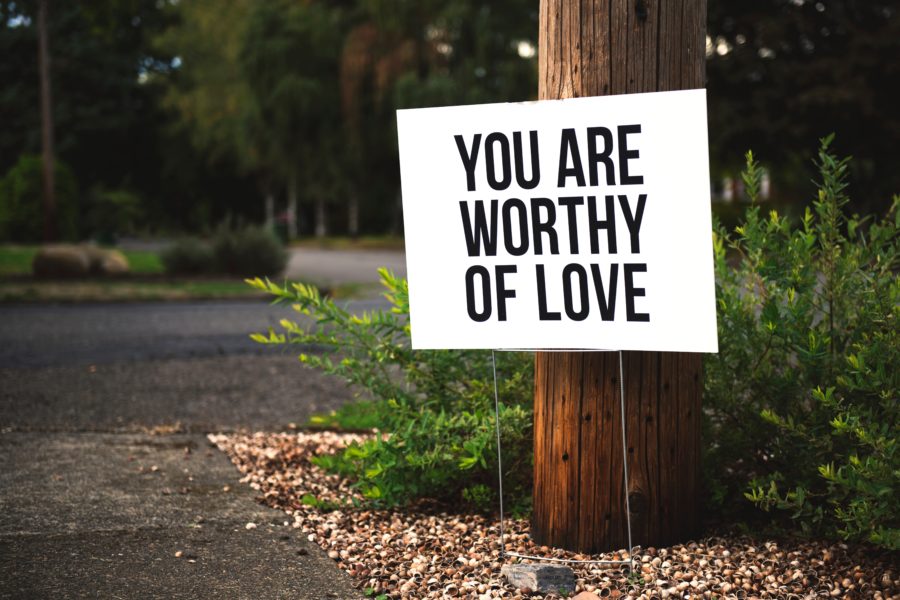
When it comes to representation I consider myself one of the lucky ones. Being white, cis-gendered, and able-bodied means that my identity as a queer woman is often easy enough to deal with, and widely accepted enough, for it to not be a major detriment to my mental health. But I have still suffered from anxiety through my teenage years – something that wasn’t helped by feeling ‘different’ and underrepresented because of who I am.
It worries me that there are people in more marginalised communities, who get less representation and often are consciously left out of these conversations. How must that affect their mental health?

Mental health ‘awareness’ is rising day by day, and that in itself is a positive. However, for a lot of people their idea of awareness is slapping a ribbon on their Twitter profile and Facebook sharing a pretty quote along the lines of “It’s okay not to be okay.” Often their actions speak louder than their virtual words when it comes to true acceptance.
The same people who preach acceptance are often the first to crack the “I iDenTifY as A tOaSteR!!” ‘joke.’ The same people that retweet “Don’t suffer in silence” tweets are often the same people that teach their sons not to cry. What they fail to realise is that mental health struggles are multi-faceted, multi-layered, and as unique and individual as each person you’ll pass the next time you’re outside.
I decided to get into contact with individuals I felt represented communities that are often missed out of these awareness days. By having a broader insight into what mental health struggles look like, maybe we can strive to be more accepting and welcoming to everyone’s mental health issues. If this helps just one person then I’m happy.
Firstly, I’d like to introduce you to Carys.
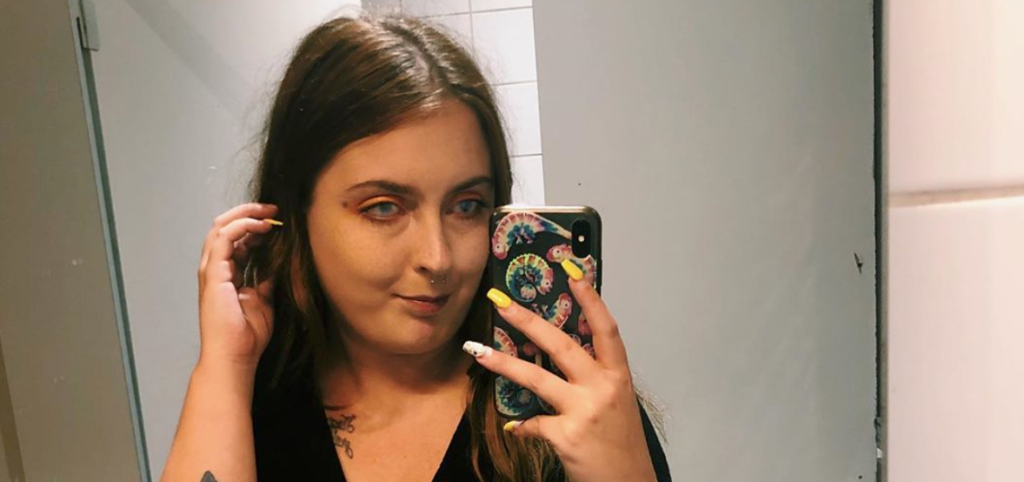
Carys
My name is Carys, I’m 24 years old and I’m visually impaired. I’ve battled on and off with my mental health since my teenage years, with my main demons being anxiety and depression.
Things are on a pretty even keel at the moment, but this has come after years of misery and pain. There were times where it felt like the only thought going through my mind for months at a time was that my life wasn’t worth living. Today, I’m a Masters graduate, hoping to begin a Ph.D. in the near future. I consider myself a disability advocate and activist, and I’m hoping to pursue a career in this field.
I used to think that if I wasn’t blind I wouldn’t be depressed and suicidal, and wholeheartedly believed that my visual impairment and my poor mental health went hand in hand. Ableism is synonymous with discrimination and devaluation, and that is something I have to deal with on an almost daily basis. But I do take a great deal of solace in knowing that the problem lies with society and not with me. Being able to lose some of that personal responsibility and burden for society’s failings has certainly helped my mental health considerably.
"Ultimately, I just want to feel like I’m being listened to and understood. I don’t expect anyone to have every answer to my problems, but I need to feel heard. Listening is such a simple skill, but one that is often poorly executed when it comes to mental health, at least in my experience."
Next up, I’d like you to meet the lovely Mia Violet.
My name is Mia Violet, I’m a bisexual trans woman who writes about queer issues and self-love. I’ve had some form of mental health issues my entire life, but it’s only recently I’ve been talking about them.
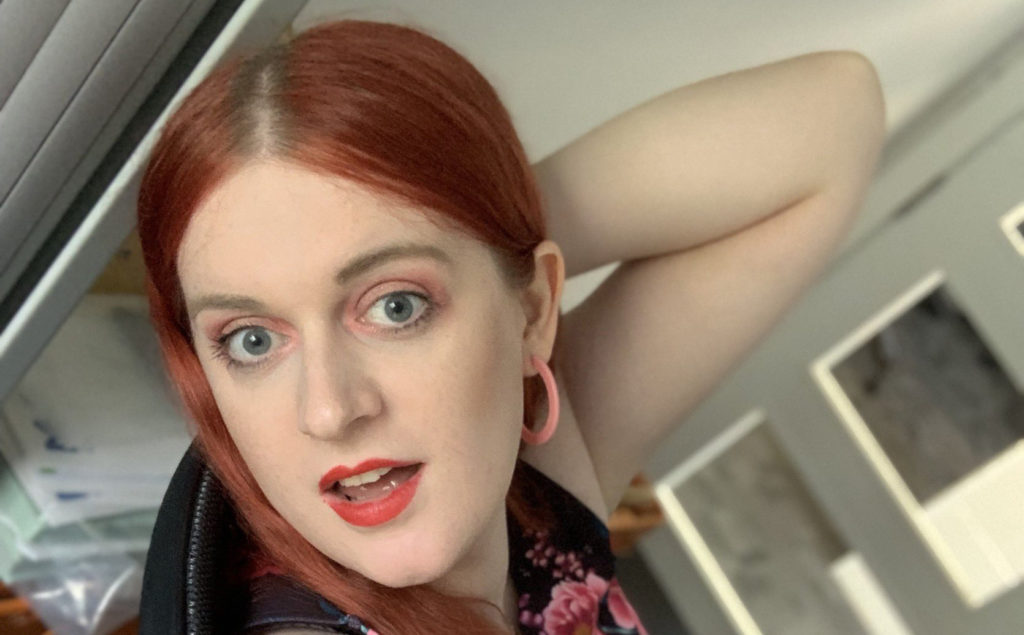
Mia Violet
My mental health and my identity as a trans woman have always felt like they’ve influenced each other. For instance, I’ve always had social anxiety but when I came out as transgender I became hyper-aware of my body whenever I was in public or at work, the way I spoke, looked, and moved, were always on my mind. I was constantly anxious and tense, thinking that I was going to be harassed everywhere I went (the attacks on trans people in the media definitely contributed to this paranoia).
Growing up as a trans person, even when you don’t know you’re trans, is hard. We normalise a lot of things about our lives, but they really aren’t normal.
It’s not normal to grow up being told a lie about who you are and having to work out the truth of your identity alone.
It’s also not normal to face such a harsh backlash from people in your life because you want to be happy, or to then live in a society that continues to openly mock your identity in the media and see your life debated in a public forum.
"I know it’s a cliche to say “ask for help” but I’m going to go a step further and say try and seek out some form of therapy."
For a long time I didn’t go back to therapy as I assumed I couldn’t afford it, but by doing a bit of research I found a therapist with a sliding pay scale for LGBTQ clients, and thankfully we negotiated something that was affordable. Another alternative is to work with counselling students, who’ll likely offer help for free as part of their studies. It won’t be as useful as working with a qualified professional, but anything is better than struggling on alone.
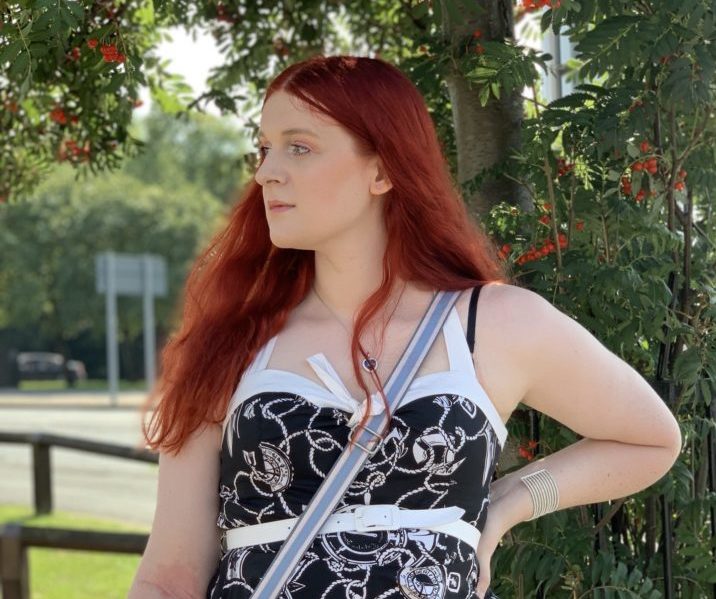
Allies
It’s incredibly helpful when allies take the steps to back us up or shut down transphobia on their own accord. Us trans people often feel a duty to defend our community, but when we’re struggling with our own mental health and trying to tend to ourselves it leaves us stretched far too thin. Elsewhere, it’s vital for cis allies to listen to trans voices, and not just the familiar ones in the media. Read essays and books by trans writers, watch films by trans directors, and realise that we’re a very vast and diverse community with a range of voices and intersecting identities.
Shifting the focus to male mental health, something that is becoming more widely talked about, I’d like to introduce you to Dan.
My name is Dan, I’m a 32-year-old husband and father. I suffered deep depression and anxiety and sought help from Mind. After recovering I went on to become a life coach, helping to support A LOT of people and Mind presented me with an award for my work.

Dan
"I'd expect to not be judged or seen differently to how that person would normally see me. I'd want support and some understanding."
I’ve opened up in the past only for people to react badly, and that’s hard because you build yourself up to get it off your chest and to tell someone you’re not ok. It’s a big deal but then it’s gutting to receive no support in return or to all of a sudden be treated differently to before.
In terms of advice that I’d give to other men who may be struggling, I’d say go with your gut. If you’re not ok or not your normal self, seek help or advice. Even if its to talk to a close friend or family member. Often, just getting our problems out in the open can make the issues we face seem so much more manageable.
To improve men’s mental health as a whole, as a society we need to stand together. Organise social groups and gatherings where men of all ages, races, and religions can meet and discuss their issues and to give advice to each other.
Now I’d like you to meet one of my friends, Roman.
He kindly offered to help me with this piece, opening up and writing about experiences he hasn’t written properly about before. He’s hilarious, a great friend, and an all-round cool guy.

Roman
My name is Roman Manson, I am a 20-year-old trans man from Manchester. I started my transition in 2016, started to get hormone replacement therapy in 2018, and I’m going in to have chest reconstruction surgery in early 2020.
I have suffered from anxiety and depression since I was around 14 or 15, with it greatly affecting me when I was 17 – causing me to almost drop out of college. Now I am working full time, taking anti-anxiety medication, and trying to apply to university.
A few years before I started to transition, I had already been diagnosed with anxiety and depression. The complicated part was trying to explain to people that I’m not depressed because I’m trans, I have depression AND I’m trans, the overlay is very small. Obviously being trans can be quite emotionally exhausting; discovering that you’ll never be a cis male, the social pressure of trying to pass in public, and general body dysphoria.
Talking to people about my emotions is something I never do. Or if I do, it is done quickly, rarely, and peppered with self-deprecating humour. I have more experience with people coming to me with their issues, which I think is why I never do the same, I get so overwhelmed with trying to say the right thing, wanting to help them but being stuck at how to do so. In fear of putting people in that same position, I don’t approach them.
"One thing all trans people should know is that no matter what, you do what makes you most comfortable, you don't have to prove yourself to anybody, and you portray yourself however you choose. At the end of the day, it's your life, you should do whatever you need to do to make yourself happiest."
The most important thing society can do is just to educate themselves, research things, look at it from every perspective. You can look at information about trans people written by a cis person, or you can look at information about trans people written by a trans person and gain a lot more insight. At the end of the day, all anybody wants in this world is respect, so start there, just be respectful. And please, for the love of God, please stop asking us about our genitals.
Now, I’d like you to meet the awesome Lucy.
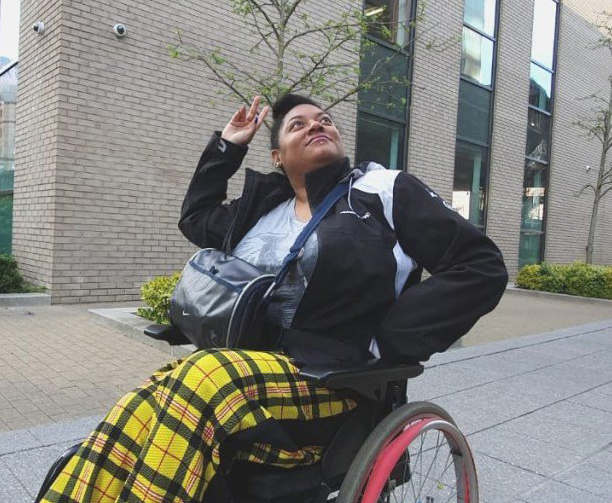
Lucy
I feel like the classic scene from a movie you may all know. “Life is like a box of chocolates — you never know what you’re going to get.”
How true to life that is.
Hey! My name is Lucy and I am a disabled lifestyle blogger (my hobby). In my teens, I had mental health illnesses that sought help for. Well, really it was others that stepped in (my GP) who at the time said in simple terms ‘you’re killing yourself.’ So I got myself together and life seemed ok again; I put myself through education whilst being a lodger/in temporary shelters for young people then finally I was settled in a place I called home. Little did I know life was going to change FOREVER.
At the age of 21, I became seriously ill, which turned into years of not knowing what exactly illnesses I had. Not knowing what’s going on with your own body is hard, one minute you’re walking for miles feeling physically fit, then you’re fatigued, then BAM. Bed-bound. I’ve lived with asthma most of my life. I’ve had tons of chest infections, bronchitis, real bad periods, headaches and migraines, but at least I got breaks of feeling ok.
It’s a battle having both physical health illnesses and mental health illnesses as they can easily feed each other and go hand in hand. Being disabled, I rely on a walking aid. I rely on a wheelchair and does get frustrating REAL easy.
Now being 34 I understand my illnesses more. Of course, I still get thrown curve balls (regularly). You’d think living in London would be easy. Don’t get me wrong transport is great however when the lift is broken, no assistance is about. Disabled bays on buses/trams/trains etc are filled with luggage, bikes, and prams. So I, as an ambulatory wheelchair user, cannot get on because the section is full.
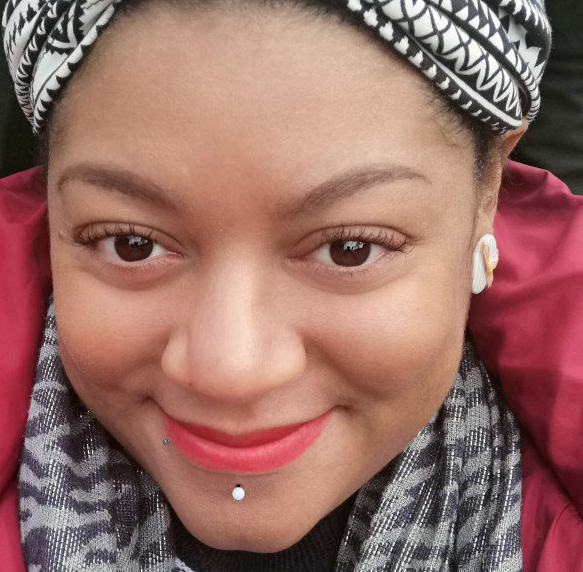
Lucy
I’ve had carers in the past take full advantage. I’ve known friends who are chronically ill who also suffer with mental health be taken advantage of. It happens ALL the time.
As a society, we need to be less selfish. We need to be checking up on people. (Not just those that are famous — I feel like people are quick to check on them if they haven’t posted for two days, but not someone you know.) It doesn’t hurt to say “Are you OK? For real, for real. I’m here if you need me to listen.” Simple. Society likes to over-complicate things when they can be simple.
Next, I’d like you to meet the inspirational Samia.
I’m Samia. I was homeless at 16.
I’m currently a photographer and activist from north London, and I’m in my third year of running my own business. I have filmed documentaries about Bangladesh (where my parents are from), and the experience of millennials in Europe.
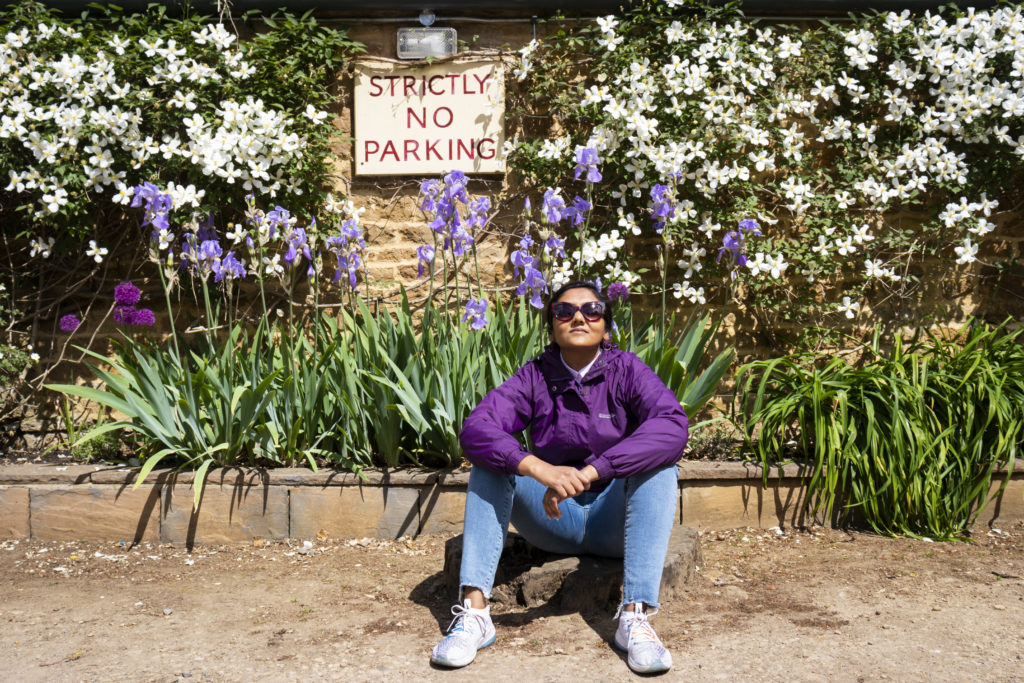
Homeless
Being homeless exasperates an already challenged state of mental health. I don’t know a single person who has experienced any form of homelessness and who wasn’t already experiencing struggles internally, the two go hand-in-hand. The situations that lead to homelessness are too overwhelming and challenging for one’s mental health. Once you’re homeless those existing issues become exasperated.
When I first tried seeking help I was completing my BA, so after some years of leaving the hostel I’d lived in, ran by a youth homelessness charity. I think it was after my BA I knew that things were bad and tried to tell a friend. I’d been telling people the entire time really. But the issue is the person I told in the end and the people I told along the way (all who were close friends at the time) didn’t believe me. Everyone kept saying that I was too high achieving, too attractive, too bubbly, too smiley, too optimistic, too friendly and too productive to truly be experiencing ill mental health.
I fought for myself to see a proper mental health team (there were many barriers within the NHS) but eventually, through various means, I was able to attain the support I was lacking. Remember that there are many functioning clinically depressed people. See them. Hear them. Before it’s truly too late.
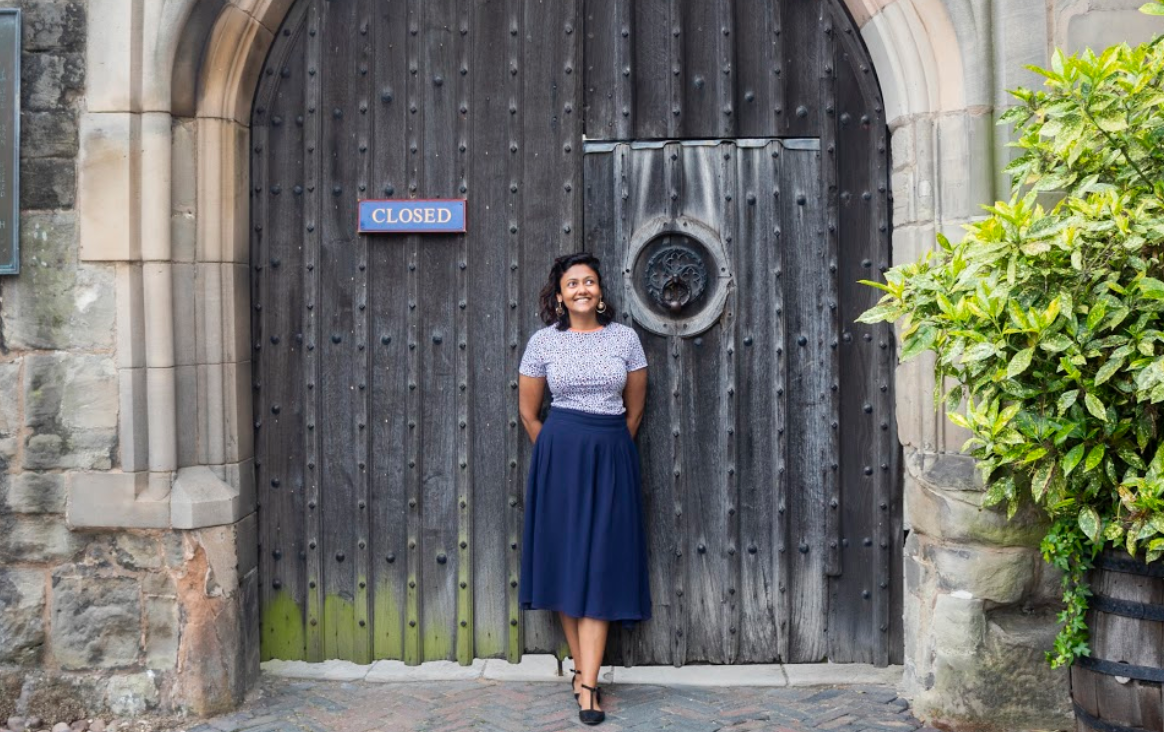
Believe
I think the best thing to support someone in need would be to firstly believe them. Don’t compare your own experiences to theirs or try to belittle them, and get them the support help they need and prioritise this over their superficial goals such as school or work. You can’t get A’s and hit deadlines if you’re dead. Don’t try to ‘fix’ them as this is often patronising. Get them help from adequate professionals and just simply listen with a non-judgemental ear and check-in with them often.
I also want to say that speaking about, taking care of or getting help for your mental health is nothing to be ashamed of. Let’s end the stigma, it’s cost too many lives already.
"The number one thing you need to do is get yourself out of danger. Tell a friend, a teacher or anyone you trust. Tell the police. Begin to communicate. See your GP. Be honest and open up. Don’t be afraid to ask for help. Take all the time you need to heal and look after yourself as a number one priority. There are many services out there that offer all kinds of help now, utilise them."
I’d now like you to meet the wonderful Courtney.
I’m Courtney, I’m a 25-year-old disabled mum from Hertfordshire. Some of the chronic conditions I struggle with are Hypermobile Ehlers Danlos Syndrome(hEDS), Postural Orthostatic Tachycardia Syndrome(PoTS), Gut Dysmotility and Chiari 1 Malformation. I also struggle with Depression, Anxiety, and EUPD.
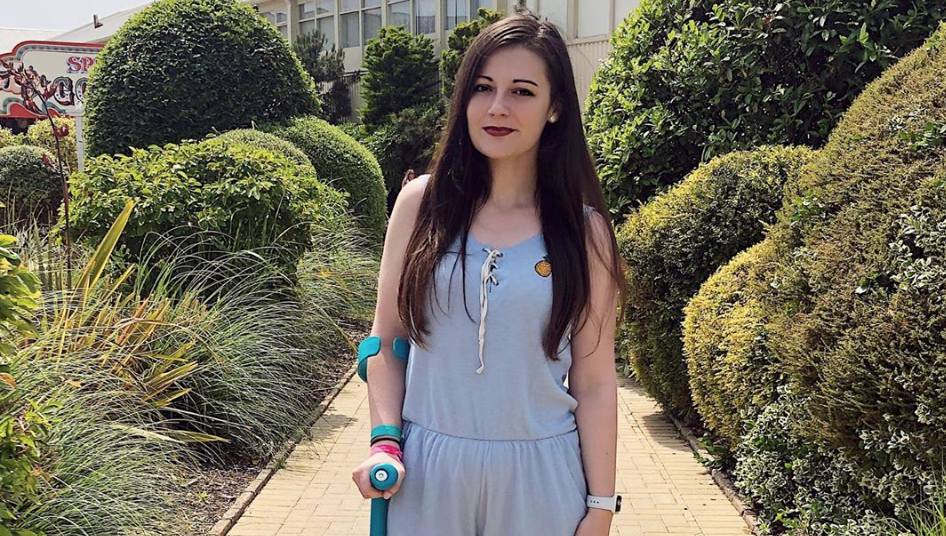
Courtney
It has taken many years of fighting for answers to finally be at a stage now where I am receiving the right care and I’m under the correct specialists. I’m a mum to a two-year-old mischievous little boy and even though being his mum is absolutely exhausting, he has been what has kept me going when there were times I didn’t think I could continue to fight. It has been a long, hard battle, which has definitely had it’s ups and downs, not just for me, but for my family too. I share my experiences on my Instagram and I also blog from time to time in case any of you would like to follow my journey.
Having a disability most definitely affects my mental health. I suffer from chronic pain and chronic fatigue as well as a lot of other symptoms due to my conditions, which unfortunately makes me quite unreliable and my life quite unpredictable. I suffer from depression and anxiety and I find it really difficult that I am unable to do things, which others are able to do without a second thought.
In the past when I have turned to someone for help, all I have honestly wanted is their time, understanding and respect. There is such a lack of understanding when it comes to invisible illnesses. Just because I may look fine doesn’t mean that I am.
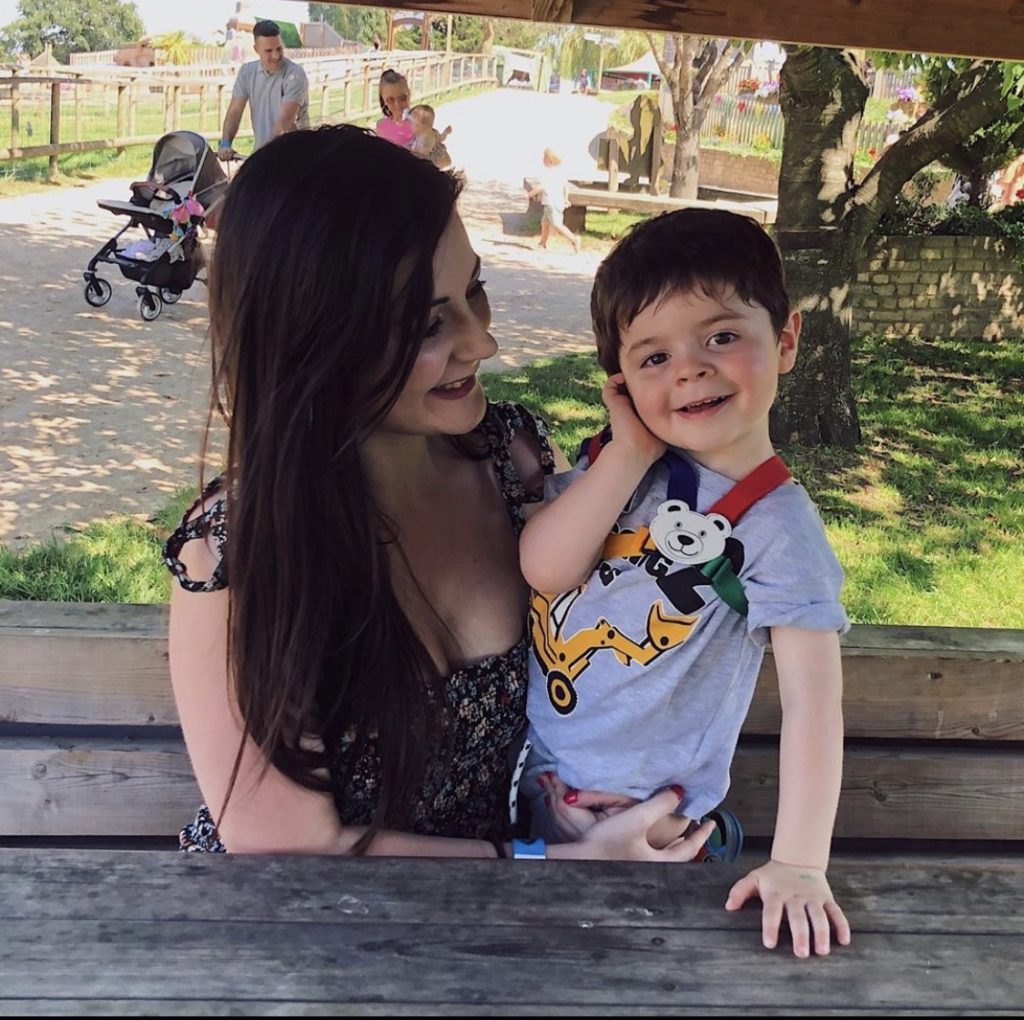
If you are struggling, whether it is with your physical or your mental health, please speak to someone that you trust, whether that is a family member or a close friend and tell them how you are feeling. No one should have to battle their symptoms and feelings on their own as understandably it can be very overwhelming. You know yourself better than anyone and you are the one who has to experience everything that you feel day in and day out, so no matter what anyone says, what you are experiencing is very real. Please don’t ever stop fighting to be heard, because everyone deserves to be helped.
In terms of the wider society, there most definitely needs to be more awareness and understanding of invisible illnesses and mental health issues. So many people suffer in silence, and don’t think they deserve help because their issues are minimal or ‘not that bad’, but getting help early is so important.
The next person who bravely spoke about her experience is a close friend of mine who wished to remain anonymous to keep control of her story. For the sake of this piece, I’ll call her B.
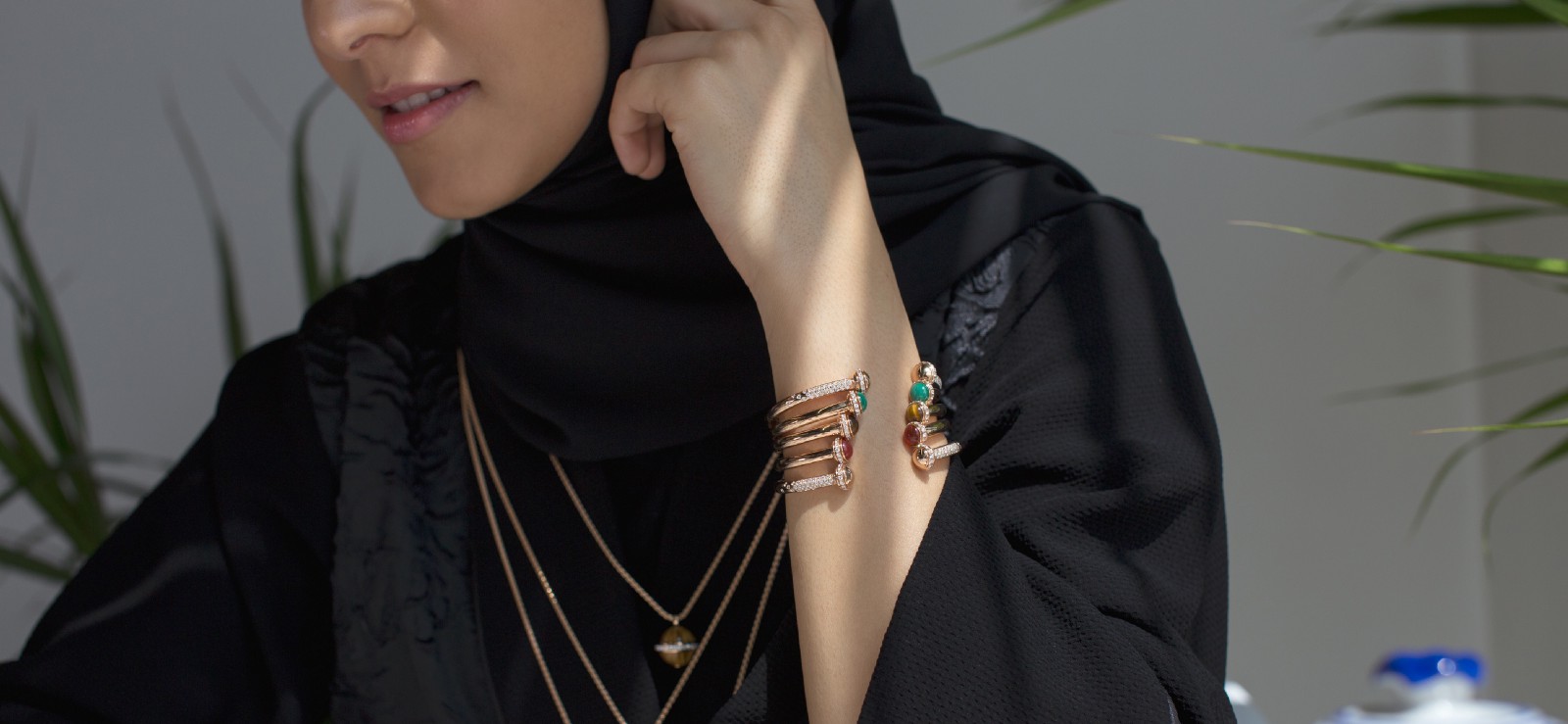
I’ve struggled with anxiety as long as I can remember. My anxiety manifests itself in obsessive-compulsive behaviours that I find myself returning to unconsciously, so ingrained are they in my muscle memory. Growing up as a third-generation South Asian Muslim, my anxiety was largely chalked up to me being a ‘perfectionist’ and needing to ‘not take things so seriously’.
Although I have struggled with my mental health, I acknowledge that I am much luckier than some of my fellow women of colour of faith. One of my peers struggled with depression and loneliness during a particularly stressful year of university and sought help from a university therapist. She felt like her illness was feeding into a crisis of faith and came to view her daily acts of worship as a source of stress.
Having spoken to various religious friends and family members, I see that this is a common theme — just like any other duty or task in life, when we suffer from mental health problems, and neglect these duties or do not perform them to a high standard, they become a source of guilt. This leaves one in a vicious cycle in which one yearns to engage with God to alleviate their difficulty, yet their mental illness prevents them from doing so, thus worsening their illness.
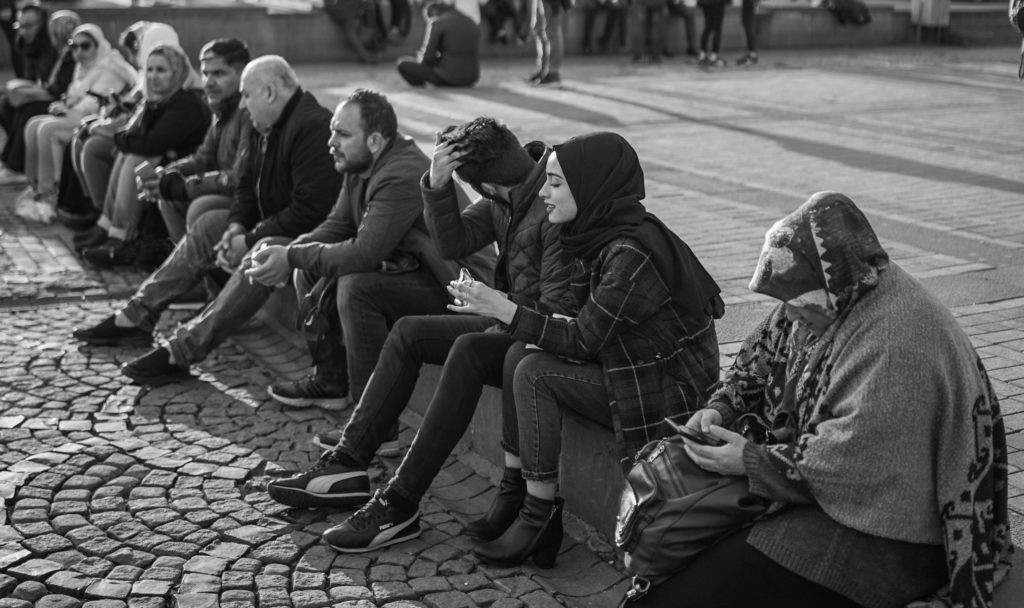
Faith
Rather than suggesting that my friend also seek some spiritual therapy from a religious leader, the university therapist callously told her that abandoning her faith altogether would be the most effective option, as it was a source of anxiety that she could completely disengage from.
I’m sure that my friend is not the only person of faith to have been advised so insensitively by a healthcare professional, nor will she be the last. This highlights the need for more of an intersectional approach to mental health, but also the glaring need for representation amongst healthcare professionals.
Whilst I cannot emphasise the importance of seeing professional help if you suffer from a mental illness, I can also attest to the importance of holding ‘firmly to the rope of Allah’ (3:103). Engaging in acts of worship knowing that you won’t feel the sweetness of prayer carries more reward. Calling upon your Lord in a state of utter hopelessness is not in vain. Ease will surely come after hardship.
In these times of hardship I try to remind myself what Allah tells us: ‘I am as my servant thinks of Me. I am with him when he mentions Me. […] If he draws near to Me at a hand’s length, I draw near to him an arm’s length. And if he comes to Me walking, I go to him running’ (Hadith Bukhari).
Finally, my friend Steph offers her unique perspective on the topic.
I’m Stephanie, a 20-year-old accounting student at the University of Reading. Up until university I would have said my mental health was fine however with the massive amount of new people and experience you have along with the workload it can be quite mentally draining.
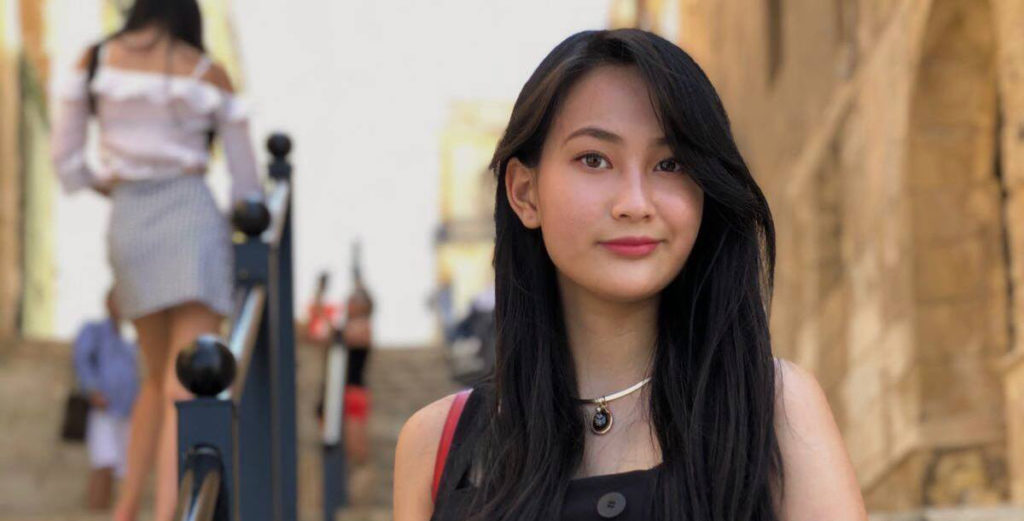
Youth
From my childhood experience of being the odd one out, mainly due to being Chinese/Vietnamese amongst a white majority, I felt this once again when I first entered my halls and was the only none-white person. For the first two weeks, I was convinced everyone else was best friends and just had more in common with each other because they were all white and I wasn’t, so I felt left out and like I couldn’t relate to them despite being born here.
What I would want from someone if I opened up to them about mental health is just to listen. Advice is a bonus but just having someone to listen to how you’re feeling and validating your emotions is extremely comforting.
As a society, I believe making mental health awareness available for everyone, no matter what background, is key. Additionally, making it a topic of conservation in many cultures would help. In Western culture, mental health is now a lot more open and acceptable to discuss – whereas in Eastern cultures it’s seen as taboo, and a weakness to even possess any mental health issues. Therefore, educating people from all different cultures and backgrounds on how mental health can affect everyone no matter where you come from is fundamental in bringing about change.
As the author of this piece, I would like to thank all the people who contributed. Your braveness, boldness, and openness towards sharing your perspective is inspiring ♥.
